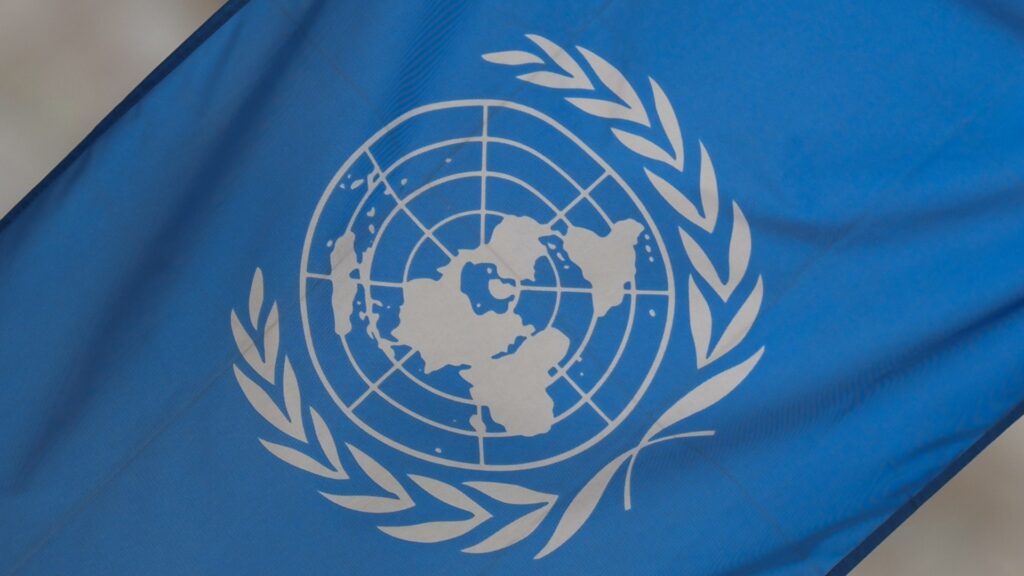The NZIA is one of several alliances supported by the United Nations, aimed at uniting financial institutions to accelerate efforts in achieving net-zero carbon emissions by 2050.
However, the coalition has faced mounting pressure this year from certain Republican politicians in the US who have accused it of breaching antitrust rules and causing insurance costs to rise. Over half of the NZIA’s members, concerned about potential regulatory and legal repercussions, have withdrawn their membership since attorneys general from 23 Republican-led US states sent a letter in May threatening legal action.
“In the future, NZIA member companies are not obligated to establish or disclose targets. Instead, individual member companies will be held responsible and publicly accountable for any targets they establish, the methodologies employed, the timeline for publishing targets, and the progress they make,” stated the U.N. Environment Programme (UNEP) in a released statement.
This announcement confirms a report by Reuters on Tuesday, which indicated that the NZIA, now reduced to 12 members from its peak of 30 following the departure of major firms like AXA (AXAF.PA), Allianz, and Tokio Marine (8766.T), intended to relax its regulations in order to sustain the coalition.
According to the NZIA’s “Target-Setting Protocol,” published in January, insurance members were required to publish emissions targets for 2030 using recommended target types by the end of July, and subsequently provide annual updates on their progress.
The considerable dilution of membership rules is likely to raise concerns among environmental activists who believe that insurers are not taking sufficient action to promptly reduce emissions related to their underwriting practices.
Critics argue that removing target-setting requirements will reduce the NZIA to a mere forum for discussion and highlight the alliance’s minimal demands on members compared to other U.N. financial industry groups.
Insurers, both within and outside the NZIA, emphasize their ongoing commitment to achieving net-zero emissions by 2050 and pledge to independently publish emissions targets and progress reports.
Last week, French firm AXA unveiled its initial emission-reduction objectives for its insurance portfolio.
Both members and non-members will be encouraged to utilize the NZIA’s target-setting protocol and methodologies. However, UNEP noted that the protocol will now serve as a “voluntary best practice guide” for developing and comparing decarbonization targets.
“Each company that chooses to be a member of the NZIA independently determines the steps it will take on the path to net-zero. NZIA membership does not involve any coordinated competitive conduct or the exchange of competitively sensitive information,” affirmed UNEP.
“NZIA members remain committed to the net-zero transition and are engaging with a wider community of stakeholders regarding the future development of the NZIA,” it added.
Reporting by Tommy Reggiori Wilkes; editing by Grant McCool and Bill Berkrot Our Standards: The Thomson Reuters Trust Principles.









